When solidarity and sustainability embrace the entire planet: Humana, an international network for development projects and reusing second-hand clothes.
The Italian Atlas of the Circular Economy is a free-to-use geo-referenced web platform, launched in 2017, and continuously being updated. Its purpose is to identify, map, systematise and spread the word of Italian businesses committed to applying the principles of the circular economy.
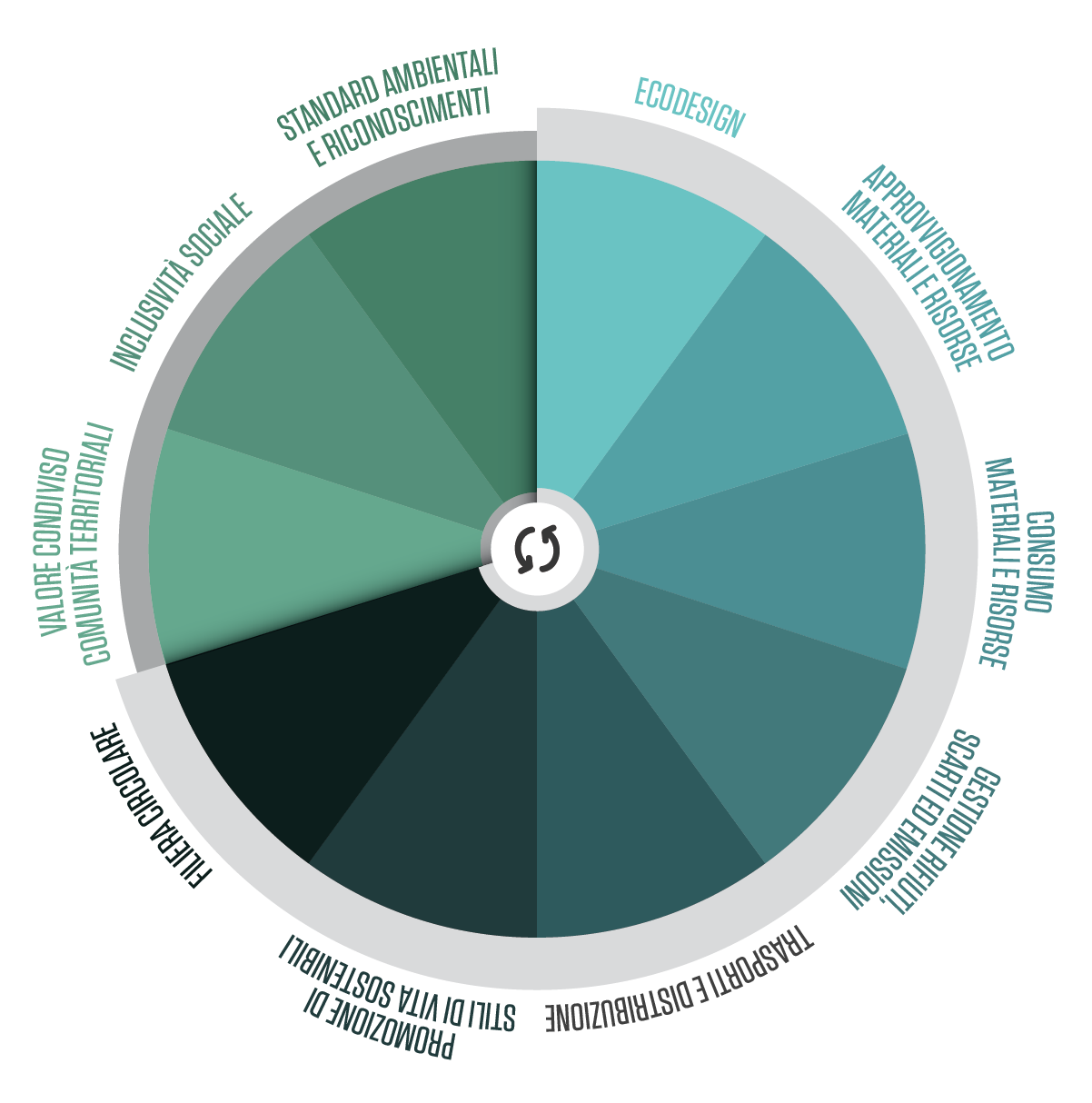
"To choose virtuous experiences, first of all you need to know about them": it was this very reflection that launched my, or better, our journey through Italy and its circular economies in 2016. Because the project came out of the collective intelligence of the CDCA, the first Centre for the Documentation of Environmental Conflicts, which has used mapping as a specialised tool for spreading awareness on environmental justice. After years of surveying and reporting on the environmental conflicts that put stress on our territories, it came naturally to use a web atlas to publish and give online visibility to those doing business using virtuous, low-impact, fair production processes and services with high social and territorial value.
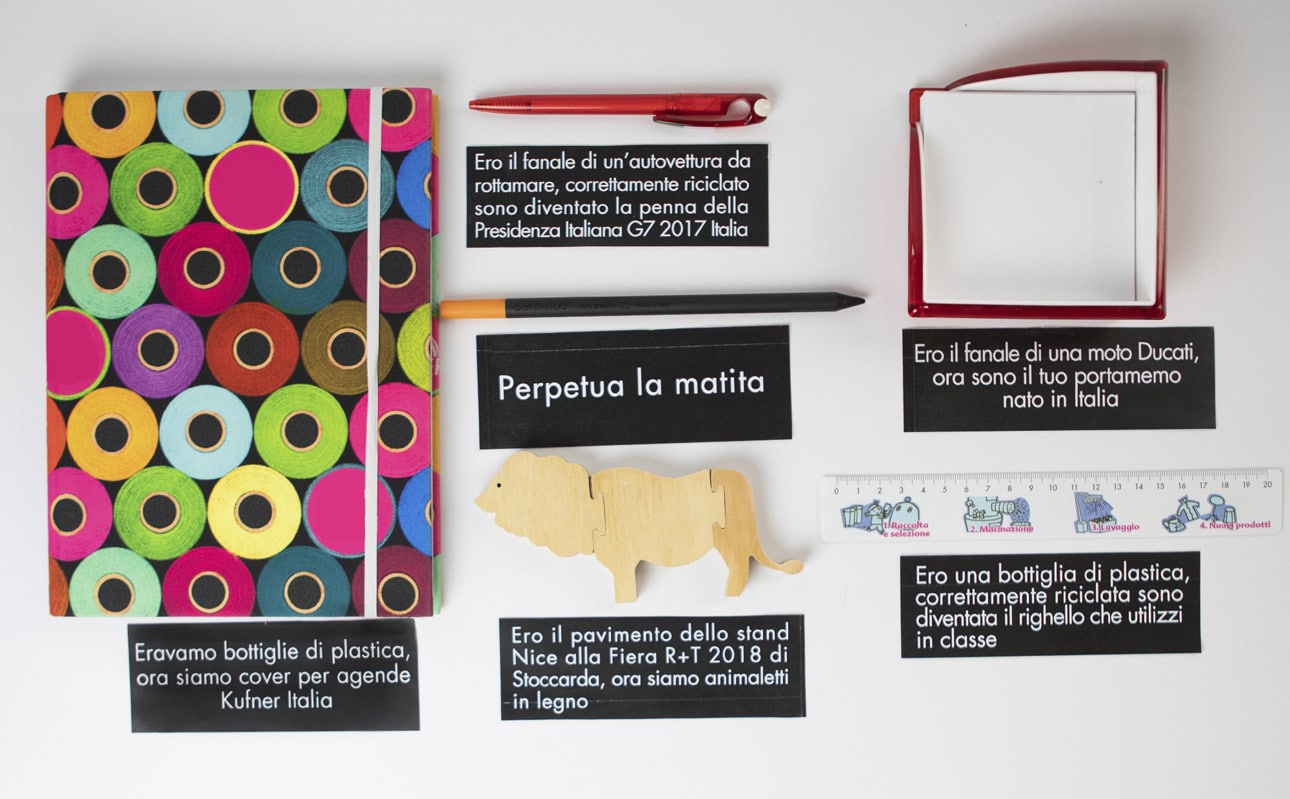
Before the launch, we worked to define what the circular economy is for us: a fair economic system, based on conscious use and reuse of goods and resources, and therefore also on the prevention of waste, which starts with designing goods that will last as long as possible, thanks in part to repair and sharing services. Thanks to the collaboration of the scientific committee, we developed a grid of circularity criteria, organised into ten sections: seven sections corresponding to circularity, and three sections relating to environmental and social sustainability.
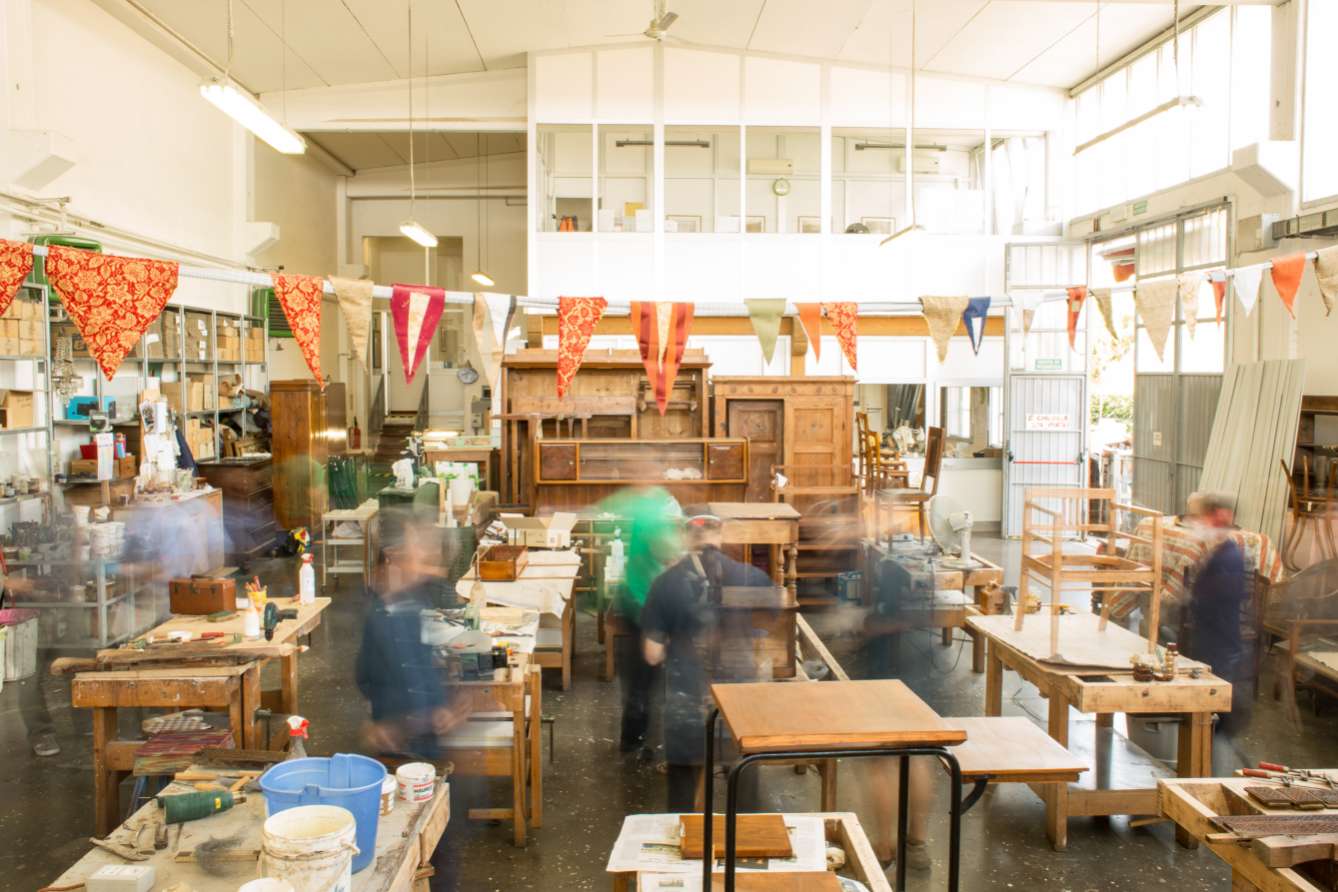
In the last six years, I have had the fortune and the pleasure of meeting many people full of enthusiasm, who have brought to life just as many different experiences of regenerative economies. Today, the Atlas counts over 280 businesses from the North to the South of Italy.
Those who consult the Atlas embark on a journey through companies, social cooperatives, associations, research institutions and public administrations that operate in eighteen product categories: from the textiles sector to architecture, from the agri-food sector to home and personal hygiene, from the world of sport to the art world, and so on. Each of these organisations is a seed of hope.
They often also involve routes for economic and social emancipation that intertwine with efforts to protect the environment. Such as that of Ri-Generation, which gives a new lease of life to household appliances and employment opportunities to those living in complex situations, both migrant and non-migrant.
Researching these stories has reinforced our reflections.
While on one hand there are those who, even before everyone else, applied the principles of a circular economy more or less knowingly, on the other, there is a socio-economic sector still mostly unprepared to implement a transition from a linear economy, that exploits the resources of the planet and its people to make a quick profit, to a circular one.
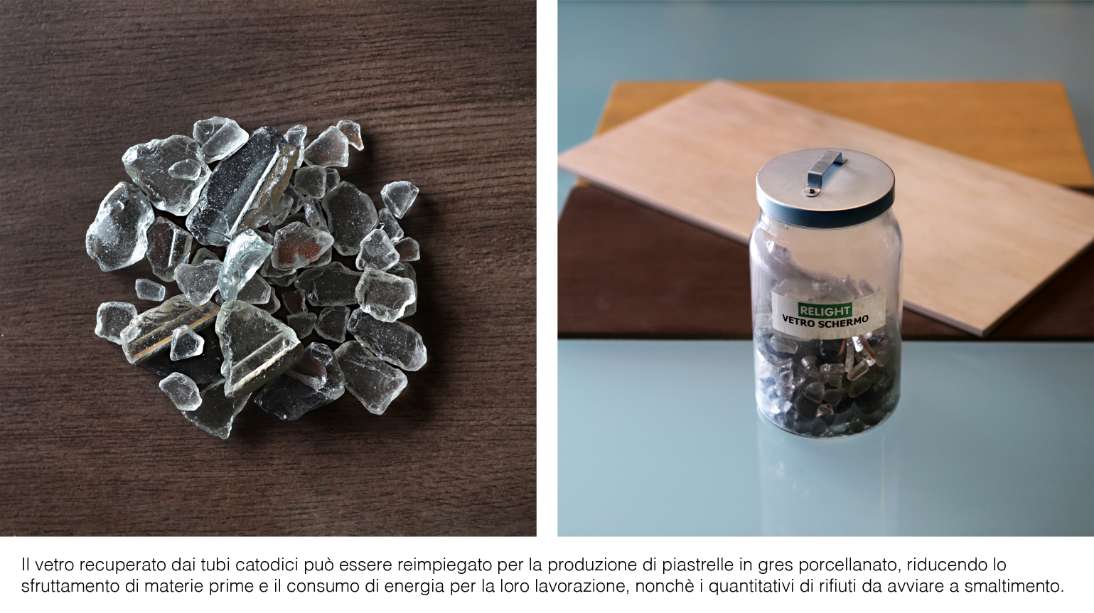
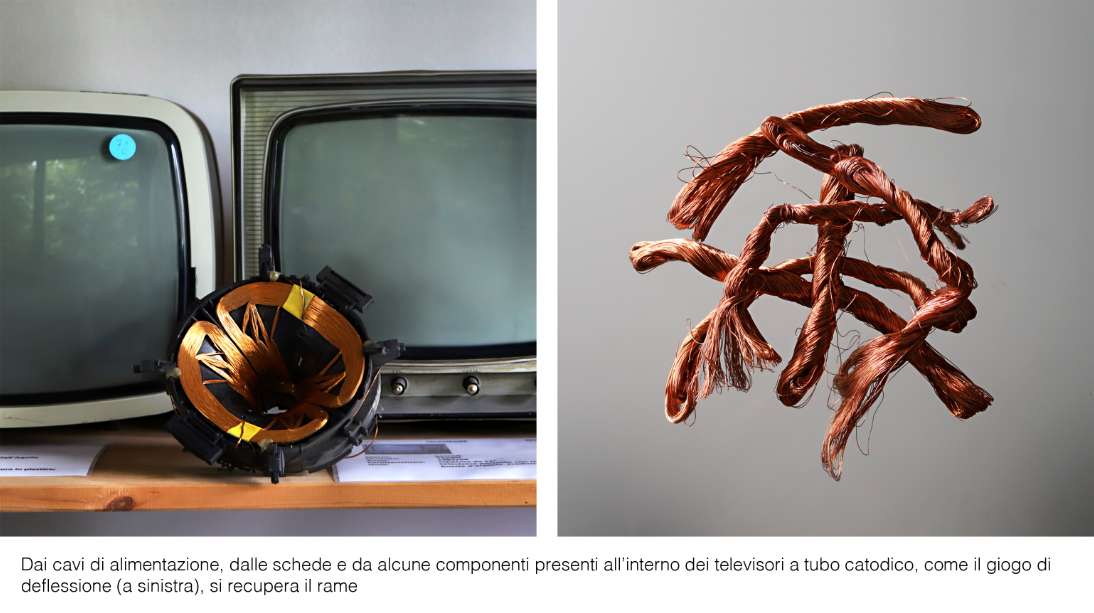
The Atlas has three goals.
The first is to help those with the desire and ability to redirect their own consumption to identify businesses in our country who are conceiving of and doing business in a new, sustainable way.
The second is to meet businesses' need to find other actors within or external to their supply chain, to share resources and experience in order to close the cycle of materials.
Finally, it is also a research tool open to anyone who wants to have an overview, even if it is not exhaustive, of the current state of the art.
And yes, «We are in the middle of a long process of modifying the image that man has of himself and his environment»
(Boulding K. E., 1966, The Economics of the Coming Spaceship Earth).
What becomes clear thanks to the Atlas is that circularity is a collection of technological, social and cultural innovations.
But also a search for synthesis between what is new and contemporary, and the recovery of artisan trades and ancient solutions; a mediation between grassroots and top-down proposals for practices. And all this is working around regulations, policies and national strategies in progress.
This is why our commitment has led to a new tool that allows us to respond promptly to the stimuli of this evolution. This is EconomiaCircolare.com, a sector publication entirely dedicated to the circular economy, offering analysis, in-depth explorations and accessible content.

However, we can't get very far on our own, and these projects need longer legs to be able to travel longer roads. These initiatives are the result of a collaboration between two organisations, with different missions and core activities, but a shared desire to work on improved awareness of the benefits for the environment and society that come from virtuous transition processes. Indeed, the project came about thanks to the contribution of the largest consortium system in Italy for the recovery and recycling of waste from electric and electronic equipment, now called ERION - Ecodom. Remedia. Producer Responsibility.
We can't get anywhere on our own...
Images Credits:
Andrea Rendine - Gianluca Rizzello_ Progetto Restauro al futuro_ su Il Martin Pescatore – Cooperativa Sociale Onlus
Daniele Faverzani_progetto RAEE. Le nuove miniere urbane_ su Relight srl
Marta Bortoli_progetto Oggetti comunicanti di economi circolare_su Alisea
When solidarity and sustainability embrace the entire planet: Humana, an international network for development projects and reusing second-hand clothes.
A journey through the life cycle of the raw material that is 100% recyclable forever. Leading the way are the awareness-raising activities and initiatives of RICREA.
